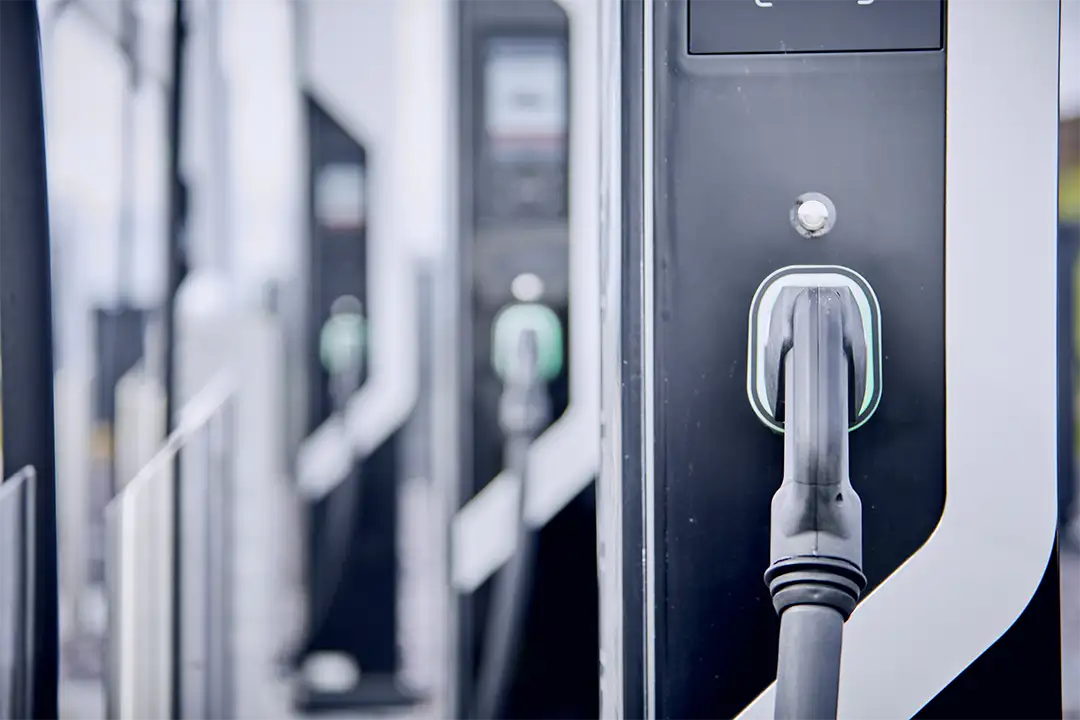Forget the misconception of hydrogen as a futuristic pipe dream. Hydrogen technology has been quietly simmering for decades, with early car prototypes gracing the roads in the 1800s and commercially available models like the Toyota Mirai leading the charge today. But hydrogen’s potential extends far beyond personal vehicles. Imagine a future where clean, zero-emission hydrogen powers not just our cars, but also the behemoths of transportation – trucks, buses, ships, and even airplanes. This is the exciting vision that hydrogen presents for a sustainable transportation landscape.
However, the road to a hydrogen-powered future isn’t without its bumps. Challenges like building robust infrastructure for production, storage, and distribution need to be addressed. Here’s where innovation takes the wheel. Companies like Hydrogen Vehicle Systems (HVS) are going beyond simply building hydrogen-powered trucks. They’re taking a holistic approach, developing the infrastructure to support them. This includes strategically placed refueling stations, ensuring a seamless transition for operators.
Safety concerns, often fueled by a lack of familiarity with the technology, can be another hurdle. But the good news is that advancements are being made with redundancies built into hydrogen vehicles to prevent incidents. Additionally, digitalization is emerging as a powerful driver, playing a pivotal role in overcoming these challenges.
Imagine an AI-powered maestro orchestrating the hydrogen supply chain. By optimizing production based on the availability of renewable energy, AI can ensure a clean and efficient flow of hydrogen. Furthermore, the Internet of Things (IoT) steps in as a guardian of safety. Widespread adoption of IoT sensors can monitor hydrogen storage, distribution, and usage in real time, minimizing risks. HVS’s SEMAS™ technology exemplifies this perfectly. It provides a treasure trove of data on how trucks perform, enabling better predictions about range, load capacity, and even over-the-air updates for preventative maintenance.
The story doesn’t end there. Digitalization unlocks a treasure chest of value creation within the hydrogen sector. Intellectual property (IP) becomes the key that unlocks a competitive edge and attracts investment. A report by the European Patent Office and International Energy Agency highlights the importance of patents. Companies with strong patent portfolios in areas like electrolysis, fuel cells, and low-emission hydrogen production are more likely to attract investors seeking a stake in the clean energy revolution. With McKinsey estimating annual investments in hydrogen to reach a staggering $100-150 billion by 2025, the potential interest in hydrogen IP is clear.
The path to a hydrogen-fueled future requires a collaborative effort. Universities, research organizations, car manufacturers (OEMs), innovative companies like HVS, risk management firms, and investors all have a role to play. As the sector embraces digitalization and continues to innovate, hydrogen has the potential to become a mainstream fuel source, propelling us towards a clean and sustainable transportation future. This isn’t just about replacing gasoline-powered vehicles; it’s about reimagining mobility altogether. It’s about a future where clean air and sustainable transportation go hand in hand.



